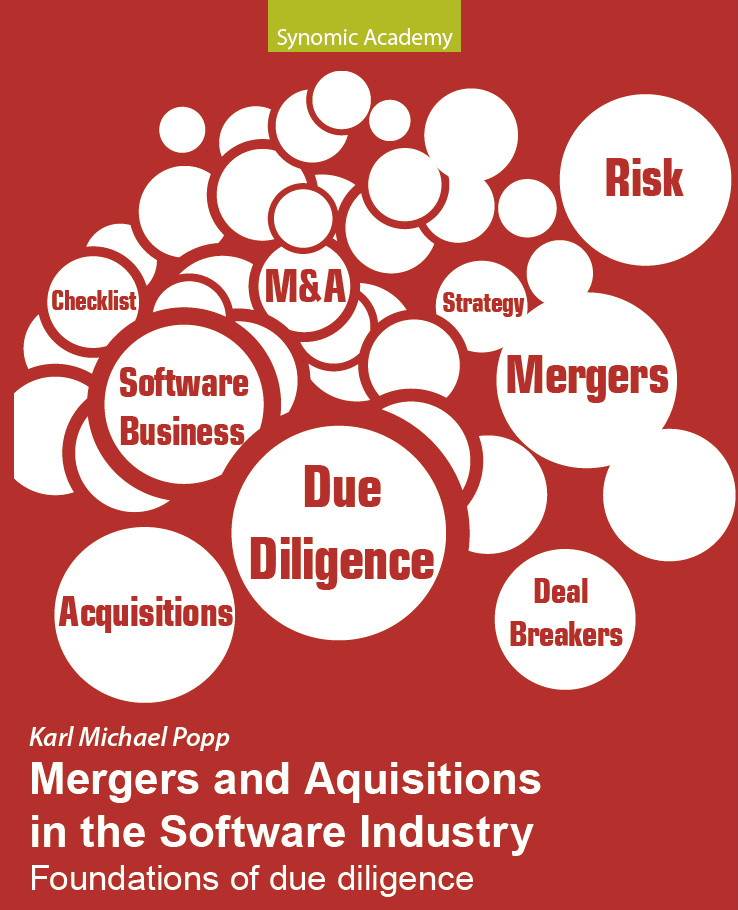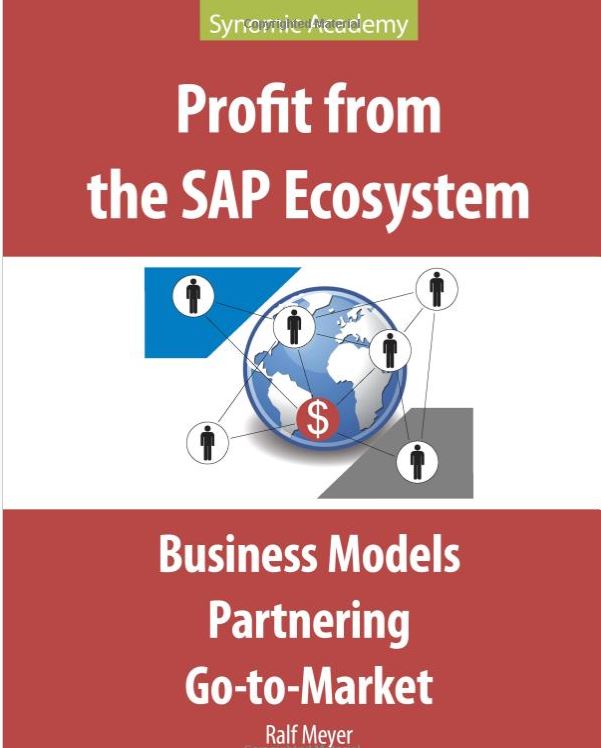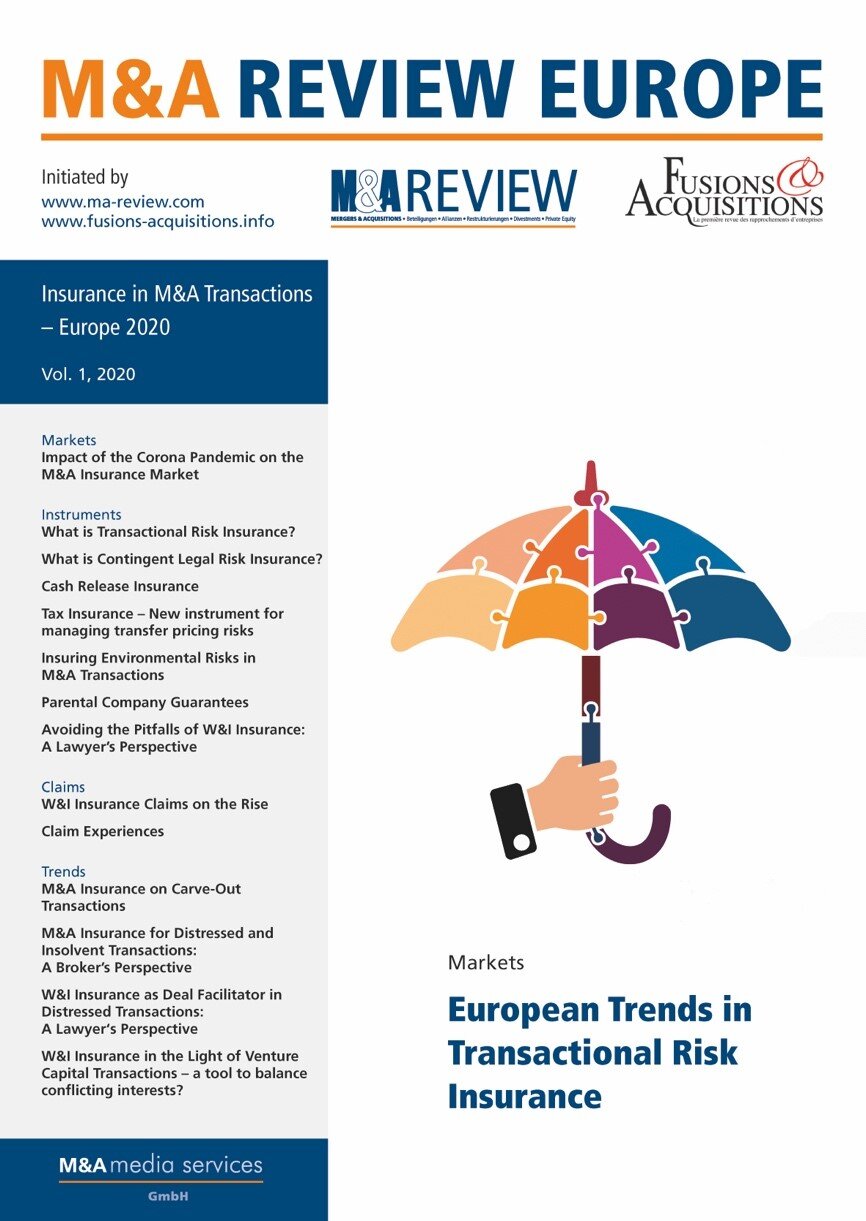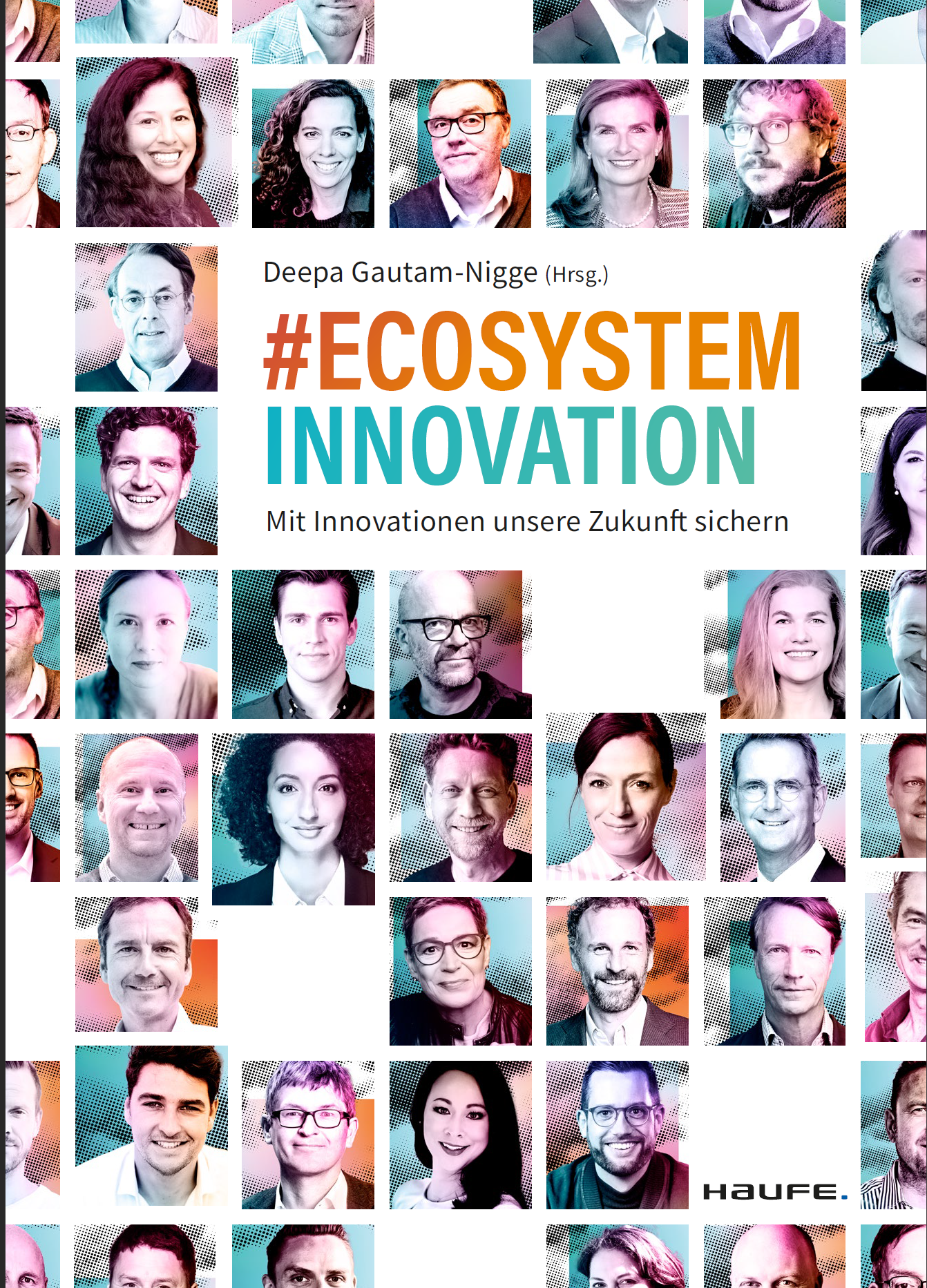Leveraging Agentic AI in the M&A Strategy Phase
This blog is in the Top 25 M&A blogs worldwide according to Feedspot
Mergers and acquisitions (M&A) have historically served as a pivotal avenue for organizational growth, enabling enterprises to consolidate resources, penetrate novel markets, and enhance operational capabilities. As the intricacies and magnitude of M&A transactions escalate, organizations are persistently exploring advanced methodologies to refine the strategic phase of these initiatives. Enter agentic AI—a transformative paradigm redefining the decision-making processes within the M&A framework.
What is Agentic AI?
Agentic AI denotes autonomous intelligent systems that possess the capability to make decisions, formulate plans, and execute tasks based on contextual data, independent of human oversight. By emulating human cognitive processes, these AI systems are adept at navigating dynamic environments, rendering them particularly suitable for the rapid and often ambiguous landscape of M&A activities.
Applications in M&A Strategy
Data Analysis and Due Diligence
Accelerated Processing: Agentic AI is proficient in analyzing extensive datasets, discerning patterns and potential risks with greater efficiency than conventional approaches. Insight Generation: Through the comprehension of contextual interrelations within data, AI furnishes critical insights into market dynamics, competitive assessments, and the financial stability of target entities.
Risk Assessment and Mitigation
Predictive Analytics: These systems are capable of projecting prospective challenges or downturns, thereby assisting strategists in evaluating advantages and disadvantages with enhanced accuracy. Scenario Simulation: By executing simulations, AI can predict the consequences of various strategic decisions, thereby illuminating the most advantageous routes to success.
Negotiation and Integration
Automated Negotiation Aids: AI can assess the conditions surrounding negotiations, proposing strategies or even autonomously negotiating basic terms in accordance with established strategic objectives. Integration Planning: By systematically organizing and prioritizing integration initiatives, AI promotes a fluid transition following the merger, ensuring operational alignment.
Challenges and Considerations
Although agentic AI presents substantial benefits, its deployment necessitates meticulous consideration of ethical implications, transparency in the decision-making process, and congruence with organizational objectives. Confidence in autonomous systems must be cultivated through rigorous testing and validation, guaranteeing that AI-generated outcomes are aligned with strategic ambitions.
Conclusion
The incorporation of agentic AI into the M&A strategy phase signifies a significant advancement, providing unparalleled efficiency, precision, and strategic insight. As organizations persist in capitalizing on AI's capabilities, the future of M&A will likely be characterized by those who adeptly integrate these intelligent systems into their decision-making frameworks. Organizations not only secure a competitive advantage but also position themselves at the vanguard of innovation within the corporate landscape.









